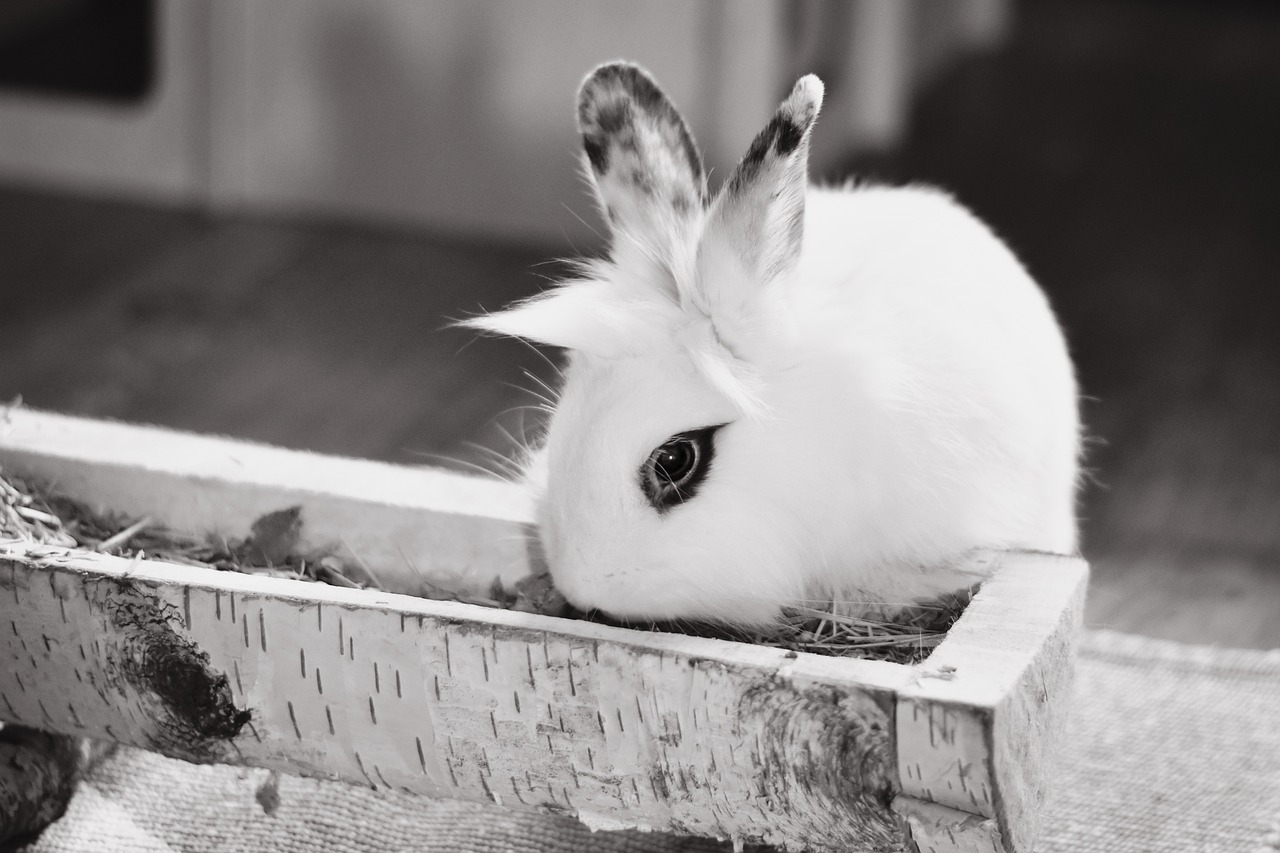Feeding Your Rabbit: A Comprehensive Nutrition Guide
A rabbit’s diet is the foundation of their overall health and well-being. Providing proper nutrition ensures a long, healthy, and happy life for your furry friend. In this guide, we’ll explore everything you need to know about feeding your rabbit, from essential food groups to common dietary mistakes.
1. The Basics of a Rabbit’s Diet
A rabbit’s diet should mimic what they would naturally consume in the wild: high-fiber, low-fat, and low-sugar foods. The three main components are:
1.1 Hay
- Importance: Hay is the cornerstone of a rabbit’s diet, aiding digestion and maintaining healthy teeth.
- Types of Hay:
- Timothy Hay: The most commonly recommended for adult rabbits.
- Alfalfa Hay: Suitable for young rabbits under six months but too rich in calcium for adults.
- Orchard Grass or Meadow Hay: Good alternatives for variety.
- Quantity: Unlimited access to fresh hay daily.
1.2 Fresh Vegetables
- Benefits: Provide essential vitamins and hydration.
- Recommended Vegetables:
- Leafy greens: Romaine lettuce, cilantro, parsley, kale (in moderation).
- Non-leafy vegetables: Bell peppers, zucchini, celery (cut into small pieces).
- Avoid: Iceberg lettuce, potatoes, rhubarb, and beans, as they can be harmful.
- Serving Size: About 1 cup of fresh vegetables per 2 pounds of rabbit body weight daily.
1.3 Pellets
- Purpose: Provide a concentrated source of nutrients but should not dominate the diet.
- Choosing Pellets:
- Opt for high-quality, plain pellets without added seeds, nuts, or sugary bits.
- Check for a fiber content of at least 18%.
- Serving Size: 1/4 cup per 5 pounds of rabbit weight daily.
2. Fresh Water is a Must
Rabbits need constant access to clean, fresh water. Use a sturdy bowl or a sipper bottle to provide water, ensuring it is replaced daily. In warm weather, check frequently to ensure your rabbit stays hydrated.
3. Healthy Treats for Rabbits
While treats can be a great way to bond with your rabbit, they should be given in moderation:
- Safe Fruits: Apples (seedless), bananas, strawberries, and blueberries.
- Portion Size: Limit fruits to 1-2 tablespoons per day for adult rabbits.
- Avoid: Sugary snacks, processed treats, and anything toxic like chocolate or avocado.
4. Foods to Avoid
Certain foods can be harmful or even fatal to rabbits. Steer clear of:
- Sugary or processed foods (cookies, crackers, bread).
- High-fat foods like nuts and seeds.
- Toxic vegetables and plants (onions, garlic, rhubarb).
- Dairy products and meat.
5. Feeding Tips by Life Stage
5.1 Baby Rabbits (Under 6 Months)
- Diet: Alfalfa hay and high-protein pellets are essential for growth.
- Introduce Vegetables Gradually: Start with small amounts after 12 weeks, observing for digestive issues.
5.2 Adult Rabbits (6 Months to 5 Years)
- Diet: Transition to Timothy hay, reduce pellets, and introduce a variety of fresh vegetables.
- Watch Weight: Overfeeding pellets or treats can lead to obesity.
5.3 Senior Rabbits (Over 5 Years)
- Diet: Maintain a focus on hay and adjust pellet quantity if weight changes.
- Dental Check-Ups: Older rabbits may struggle with dental issues, requiring softer foods.
6. Monitoring Your Rabbit’s Health Through Diet
A rabbit’s health is closely tied to their diet. Watch for these signs of a balanced or unbalanced diet:
-
Healthy Indicators:
- Bright eyes and a shiny coat.
- Regular eating and drinking.
- Well-formed droppings (round and firm).
-
Warning Signs:
- Soft or irregular droppings (indicates poor digestion).
- Lack of appetite or water intake.
- Weight loss or gain.
If you notice any concerning signs, consult a rabbit-savvy veterinarian immediately.
7. Common Feeding Mistakes
Avoid these pitfalls to keep your rabbit healthy:
- Overfeeding Pellets: This can lead to obesity and digestive issues.
- Neglecting Hay: Without hay, rabbits can develop dental and gastrointestinal problems.
- Introducing Foods Too Quickly: New vegetables should be added one at a time to monitor for reactions.
- Inadequate Water Supply: Dehydration can cause severe health issues.
8. Seasonal Feeding Tips
Adjust your rabbit’s diet based on the seasons:
- Summer: Ensure ample hydration with water-rich vegetables like cucumber and lettuce (not iceberg).
- Winter: Provide extra hay and greens to support their energy needs.
9. DIY Treat Ideas
Making your own rabbit treats is a fun and healthy alternative to store-bought options:
- Hay and Herb Cubes: Blend hay, water, and herbs, shape into cubes, and bake until firm.
- Fruit Chips: Thinly slice apples or bananas and dehydrate them for a natural treat.
10. The Importance of Regular Check-Ins
Your rabbit’s dietary needs may change over time. Schedule regular check-ups with a rabbit-savvy vet to ensure they’re getting the right nutrients and maintaining a healthy weight.
Conclusion
Feeding your rabbit isn’t just about filling their bowl; it’s about understanding their unique nutritional needs and providing a balanced, thoughtful diet. By prioritizing hay, offering fresh vegetables, limiting treats, and avoiding harmful foods, you’ll ensure your bunny thrives. A well-fed rabbit is a happy rabbit, and your attention to their diet will reward you with a healthy, energetic, and loving companion.

